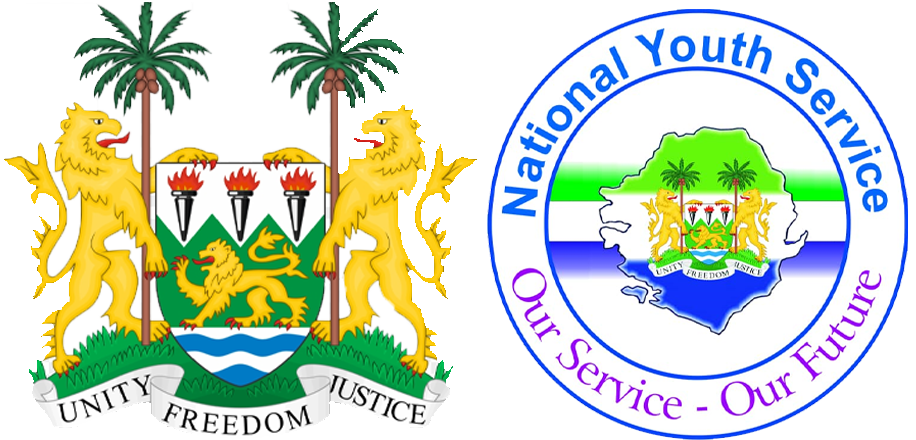
BACKGROUND
Social exclusion is a multi-dimensional phenomenon that has gained worldwide attention in the policy world. Policies addressing exclusion have been effective in addressing problems arising from the lack of employment, poor skills, low income, high crime environments, poor housing and poor health among youth. In addition, the concept of social exclusion is antithetical to the wider concepts of citizenship, human and social capital, and democracy.
Social capital, for instance, has become an increasingly useful tool to understand the role of people’s networks and relations in both their social and economic development. According to the World Bank, social capital comprises of norms that shape institutions and provide a quality relationship in a society’s social interactions.
This is echoed by Civic Practices Network, which adds that social capital consists of stocks of social trust, norms and networks that people use to solve common problems. Responding to the precarious situation of young people worldwide, the United Nations General Assembly, in its fifty-second session in 1997, called on all Member States to implement the World Programme of Action for Youth for 2000 and beyond.
Each Member State was encouraged to formulate national youth policies and programmes using both a development and a rights approach.
In Sierra Leone, the Government’s response to this call engendered a debate at governmental and civil society levels that led to the idea of a national service for youth in Sierra Leone.
The connection between national service and the responsibilities that come with citizenship has since become a priority for public policy. The benefits of national service – and the NYS – accrue not only to individuals, who develop robust relationships among each other, but also to societal institutions. Therefore, community members must be willing and eager to invest in one another. Doing so will build social capital, and strengthen community ownership in the development process, and mutual trust.